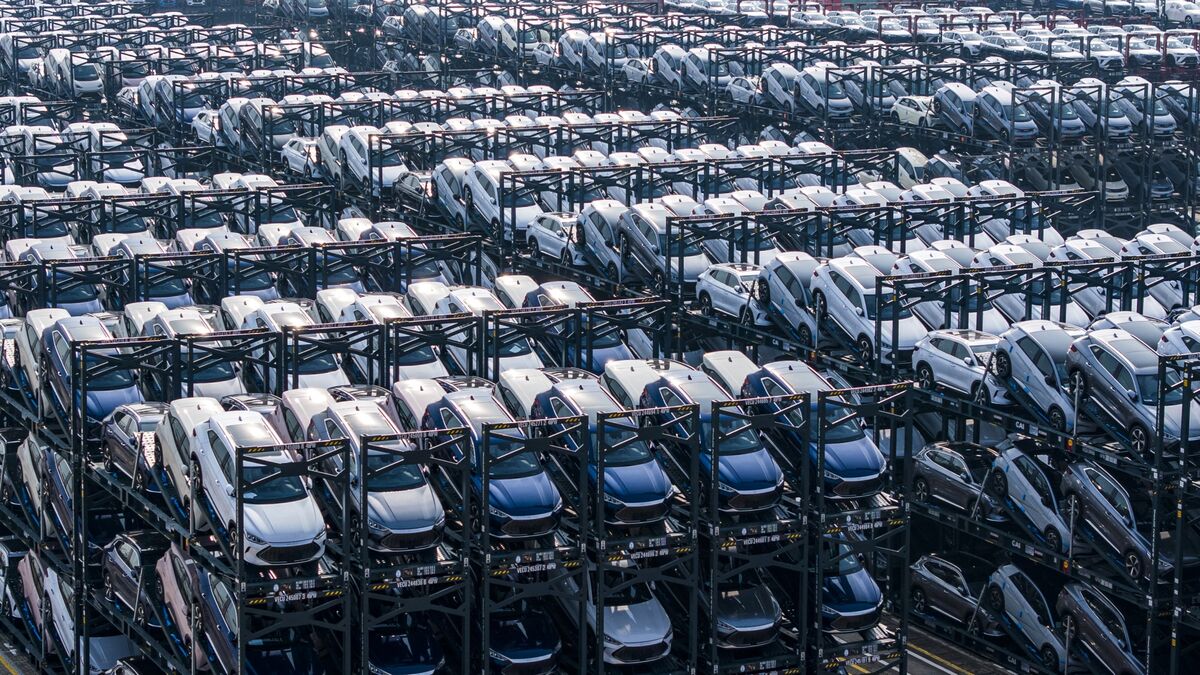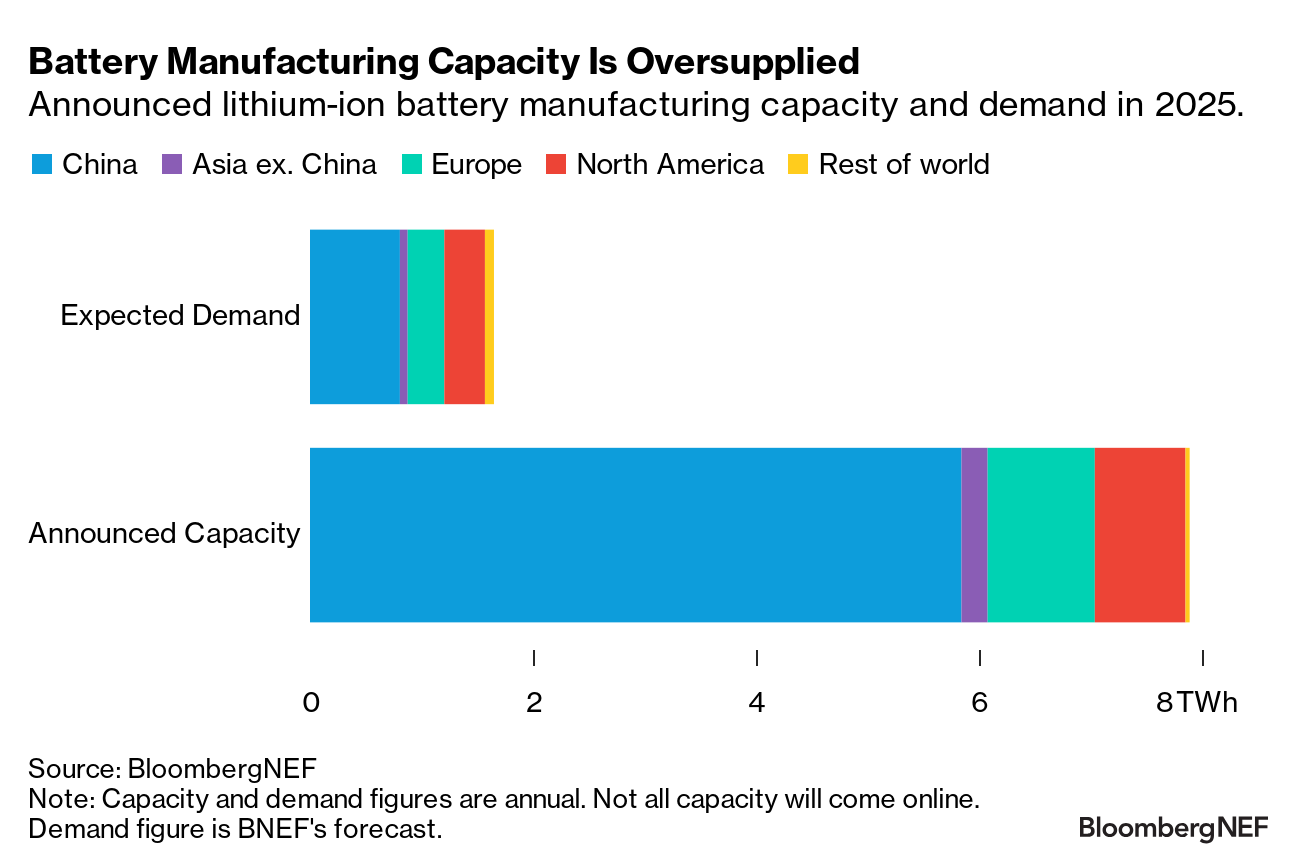“A Matter Of Economic And National Security": Sen. Brown Urges Biden To Ban Chinese EVs In US
U.S. Senator Sherrod Brown (D-OH) has urged President Biden to ban Chinese-made electric vehicles to safeguard Ohio autoworkers and address the economic and national security risks from Chinese automakers.
In a letter to President Biden this week, Brown highlighted that these companies, backed by the Chinese government, threaten the U.S. auto industry and argued that tariffs are not enough to counter this government-led challenge.
“Chinese electric vehicles are an existential threat to the American auto industry. Ohio knows all too well how China illegally subsidizes its companies, putting our workers out of jobs and undermining entire industries, from steel to solar manufacturing. We cannot allow China to bring its government-backed cheating to the American auto industry. The U.S. must ban Chinese electric vehicles now, and stop a flood of Chinese government-subsidized cars that threaten Ohio auto jobs, and our national and economic security,” Brown wrote.
Brown expressed concerns that government subsidies for Chinese automakers would prevent American companies and workers from competing fairly, potentially devastating the United Autoworkers and their ability to secure higher wages and benefits. He also noted the national security risks of Chinese electric vehicles due to the technology used and the potential for data access by the Chinese government.
In a letter to President Biden, Brown wrote: "Chinese electric vehicles (EVs) threaten our economic and national security, and the entire American auto industry. Allowing these automobiles into the United States would harm American manufacturing, American workers, American consumers, and American security. Chinese EVs, highly subsidized by the Chinese government, could decimate our domestic automakers, harm American workers – many of whom are represented by the United Autoworkers (UAW) – and give China access to sensitive personal data."
"There are currently no Chinese EVs for sale in the United States, and we must keep it that way. I implore you to take bold, aggressive action and to permanently ban EVs produced by Chinese companies or whatever subsidiaries they establish to conceal their origins. Further, I urge you to work with our allies to address these concerns in a wholistic manner that supports American jobs and innovation."
Brown writes: "The level of subsidization and resulting sale price differential between an EV produced by a Chinese entity and those manufactured in the U.S. using union labor presents extreme challenges to enforcing a level playing field. Currently, Chinese-built cars are subject to an extra 25 percent tariff on top of the regular 2.5 percent import duty that generally applies to imported vehicles."
“But Chinese automaker BYD, now the world’s largest producer of electric cars, sells an electric hatchback named the 'Seagull' for the equivalent of less than $10,000 USD. In addition to China’s heavily-subsidized, artificially low vehicle pricing, Chinese automakers are finding new ways to cheat by establishing factories in Mexico."
The letter adds: "Lastly, allowing Chinese EVs on our roads could pose risks to our national security. The technology in EVs includes apps, sensors, and cameras. China should not have access to the data these technologies can collect – whether it be information about traffic patterns, critical infrastructure, or the lives of Americans. China does not allow American-made electric vehicles near their official buildings."
"To allow their vehicles freedom to travel throughout the United States would be foolish and highly dangerous. I appreciate the Department of Commerce’s initiation of an investigation into the technology embedded in EVs from China, but we must act expeditiously to ban these vehicles from the United States," Brown argues.
"The automotive sector is undergoing rapid, dramatic changes. As these market- and technology-driven changes arise, it is imperative that American companies innovate and lead in the technologies of the future. American companies cannot compete against Chinese companies that are heavily subsidized. For this reason, the United States must ban Chinese-made EVs as soon as possible. This is a matter of economic and national security."



